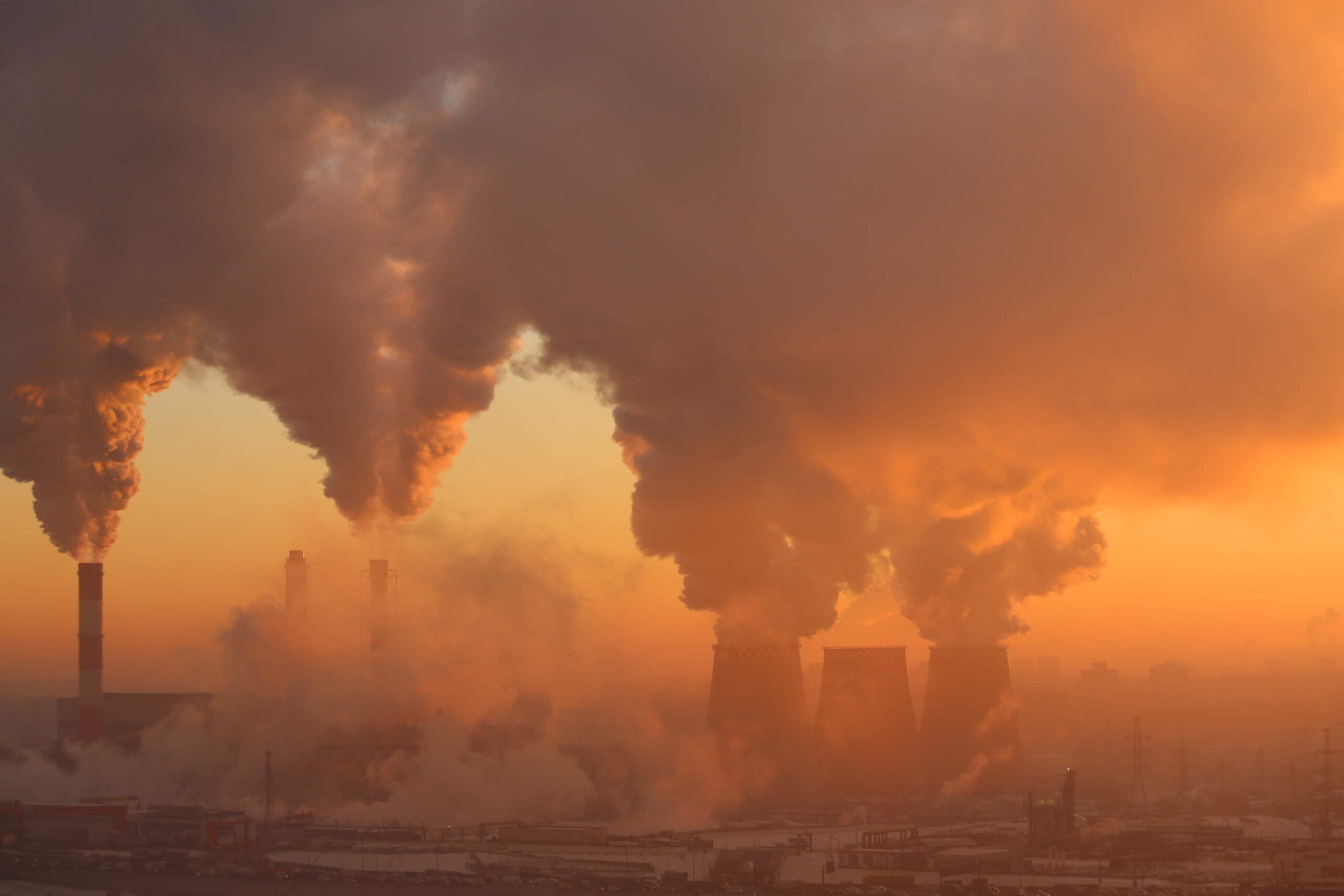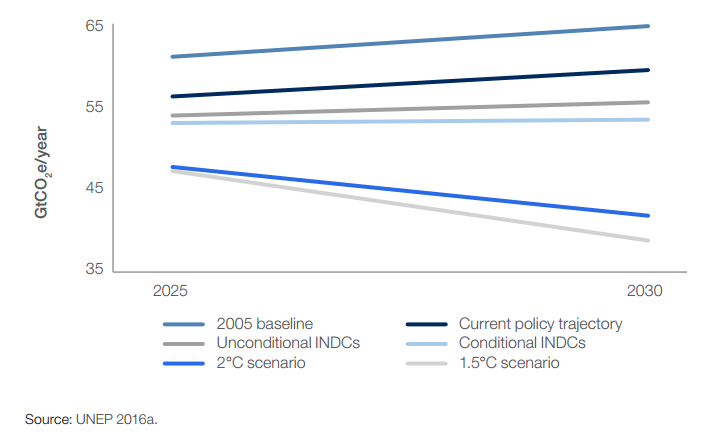
Climate change is set to rank alongside income inequality and societal polarisation as a top trend for 2017, according to the World Economic Forum’s (WEF) Global Risks Report 2017.
Ahead of the annual WEF meeting of global leaders in Davos, Switzerland next week — including British prime minister Theresa May and Chinese premier Xi Jinping — the report has laid out some of the most pressing issues facing the world economy.
It’s the first time all five environmental risks — which include extreme weather events, failure of climate change mitigation and adaptation, and water crises — feature for the first time among the most likely and most serious risks.
The report found that political change in Europe and North America puts the progress made by countries in 2016 at risk, saying “although 2016 will be remembered for dramatic political results that broke with consensus expectations, warning signs that a persistent cluster of societal and economic risks could spill over into real-world disruption”.
It also highlighted the difficulty that leaders will face to agree on a course of action at the international level to tackle the most pressing economic and societal risks.
How well do you really know your competitors?
Access the most comprehensive Company Profiles on the market, powered by GlobalData. Save hours of research. Gain competitive edge.

Thank you!
Your download email will arrive shortly
Not ready to buy yet? Download a free sample
We are confident about the unique quality of our Company Profiles. However, we want you to make the most beneficial decision for your business, so we offer a free sample that you can download by submitting the below form
By GlobalData
Last year a number of countries, including the US and China, ratified the Paris Agreement.
Margareta Drzeniek-Hanouz, head of global competitiveness and risks at the World Economic Forum, said:
“Urgent action is needed among leaders to identify ways to overcome political or ideological differences and work together to solve critical challenges. The momentum of 2016 towards addressing climate change shows this is possible, and offers hope that collective action at the international level aimed at resetting other risks could also be achieved.”
Against a backdrop of mounting political disaffection and disruption across the world, the report highlighted two other key findings:
- Rising income and wealth disparity and increasing polarisation of societies were ranked first and third, respectively, among the underlying trends that will determine global developments in the next ten years. Similarly, the most interconnected pairing of risks in this year’s survey is between high structural unemployment or underemployment and profound social instability.
- Society is not keeping pace with technological change. Of the 12 emerging technologies examined in the report, experts found artificial intelligence and robotics to have the greatest potential benefits, but also the greatest potential negative effects and the greatest need for better governance.
The report has previously warned over social and technological risks.
In 2006, the WEF’s report warned that the elimination of privacy reduces social cohesion and in 2013, long before “post-truth” became the 2016 word of the year, the report highlighted the rapid spread of misinformation, observing that trust was being eroded and that better incentives were needed to protect quality-control systems.
Cecilia Reyes, chief risk officer of Zurich Insurance Group, said:
“We live in disruptive times where technological progress also creates challenges. Without proper governance and re-skilling of workers, technology will eliminate jobs faster than it creates them. Governments can no longer provide historical levels of social protection and an anti-establishment narrative has gained traction, with new political leaders blaming globalisation for society’s challenges, creating a vicious cycle in which lower economic growth will only amplify inequality.”
How to address the world’s most pressing risks will be the subject of discussions at the World Economic Forum Annual Meeting 2017, which convenes next week between 17 and 20 January under the theme Responsive and Responsible Leadership.
The annual WEF survey, asking some 750 experts about 30 global risks and 13 underlying trends that could affect them, was carried out along with Strategic Partners Marsh & McLennan Companies and Zurich Insurance Group.
Follow Verdict on Twitter @VerdictUK for the latest news, features and data analysis







